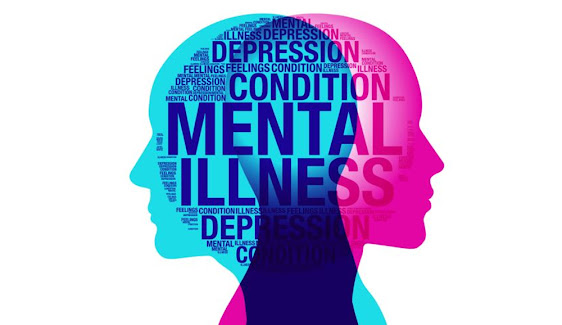The importance of mental health:
The importance of mental health:
Mental health is a vital part of overall health and well-being, and it is just as important as physical health. It refers to the state of our emotional, psychological, and social well-being, and it plays a crucial role in how we think, feel, and behave. Unfortunately, mental health is often overlooked or stigmatized, and many people struggle with mental health issues in silence.
There are many different types of mental health conditions, and they can range in severity and duration. Some common types of mental health conditions include:
Anxiety disorders: These conditions involve persistent and excessive worry or fear about a variety of things, such as social situations, work, or health. Examples of anxiety disorders include generalized anxiety disorder, panic disorder, and phobias.
Mood disorders: These conditions involve persistent feelings of sadness or changes in mood. The most well-known mood disorder is depression, but other examples include bipolar disorder and seasonal affective disorder.
Psychotic disorders: These conditions involve distorted thinking and perceptions, such as delusions (false beliefs) or hallucinations (seeing or hearing things that are not there). Examples of psychotic disorders include schizophrenia and schizoaffective disorder.
Mental health issues can affect anyone, regardless of age, gender, or background. In fact, according to the World Health Organization (WHO), one in four people in the world will be affected by mental or neurological disorders at some point in their lives. This highlights the importance of addressing and supporting mental health, both for individuals and for society as a whole.
There are many ways to support mental health, and it is important to find what works best for each individual. Some options include:
Seeking help from a mental health professional: This can include therapy or counseling, and it can be helpful to talk to someone who is trained to listen and offer support. A mental health professional can help individuals develop coping strategies and work through their feelings.
Participating in self-care practices: Taking care of oneself is an important aspect of mental health. This can include exercise, healthy eating, getting enough sleep, and engaging in activities that bring joy and relaxation.
Creating a supportive environment: It is important for individuals to surround themselves with supportive friends and family, and to create an accepting and understanding environment for those who are struggling with mental health issues.
In conclusion, mental health is a critical component of overall health and well-being, and it is important for individuals and society to prioritize and support it. By acknowledging and addressing mental health issues, we can create a more compassionate and healthy world.



Comments
Post a Comment